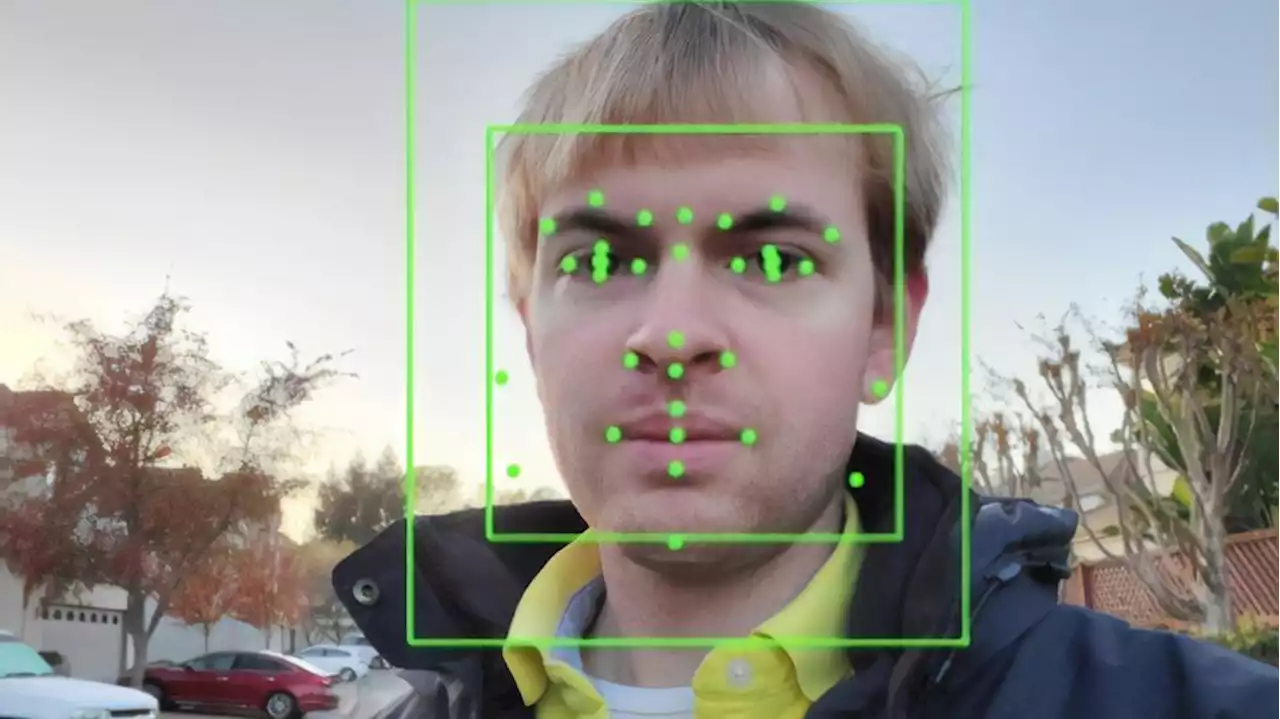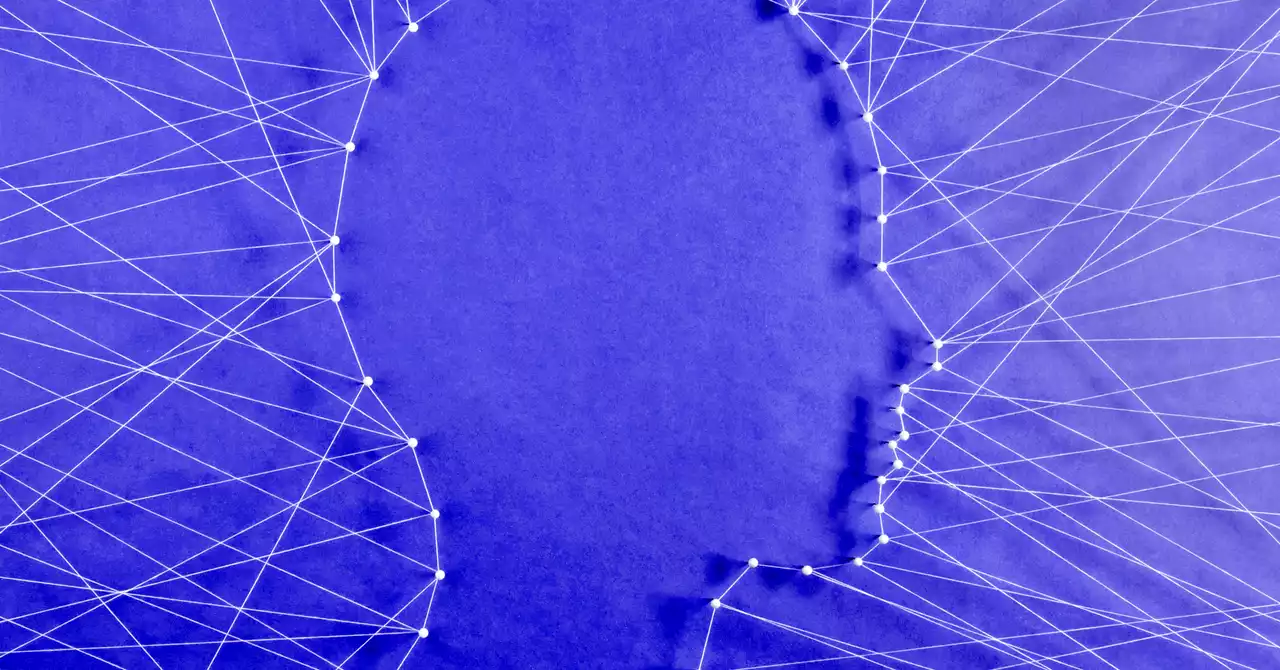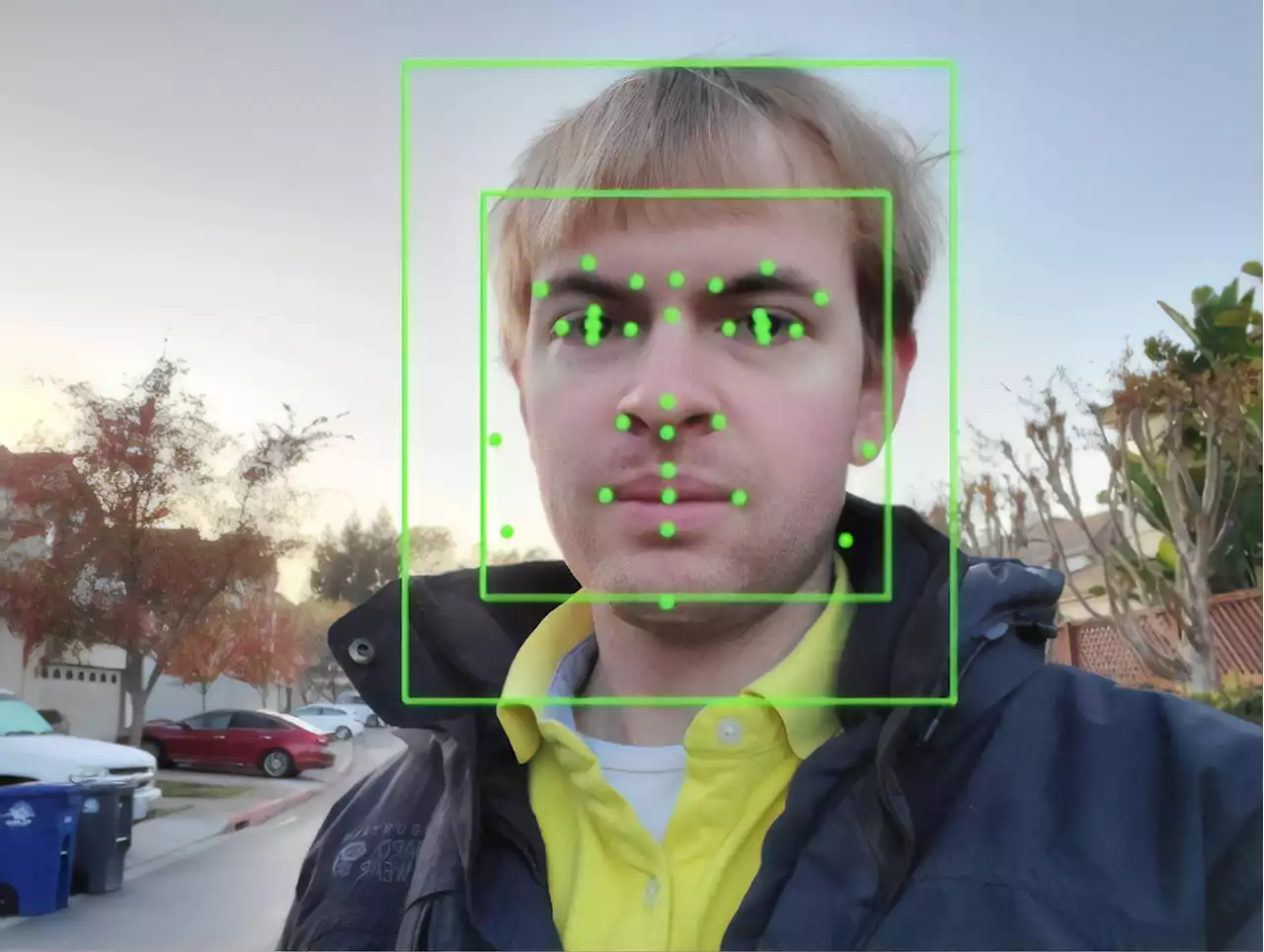A newly released poll found Americans are open to the idea of incorporating new scientific and technological developments into their day-to-day lives, but were still uncertain about the societal implications of some possibilities
Americans are open to the idea of incorporating new technological advances in artificial intelligence and human enhancement technologies into their day-to-day lives, a poll released Thursday by Pew Research Center found, but respondents were still uncertain about the societal implications of some possibilities, like chips implanted in the brain and driverless vehicles....
Respondents were more comfortable with some developments than others—while they generally approved the use of facial recognition tech by authorities to catch criminal suspects and social media companies using algorithms to detect false information, they were less supportive of driverless passenger vehicles, brain microchips and editing the genes of human embryos.
The majority of respondents, 46%, said they thought it would be good for society if police adopted the widespread use of facial recognition technology to monitor crowds and identify people who may have committed a crime, with 27% saying it would be a bad idea and another 27% unsure. Americans also favored the idea of social media platforms using algorithms to find false information, with 38% of respondents calling it a good idea, while 31% said it was a bad idea.—which the survey defined as a wearable suit with an integrated AI computer system that uses sensor data to help guide and maximize the physical strength of wearers doing manual labor—by a similar margin, with 33% in support and 24% against.
Malaysia Latest News, Malaysia Headlines
Similar News:You can also read news stories similar to this one that we have collected from other news sources.
 Poll Shows Americans’ Optimism Toward AI And And Facial Recognition—But Brain Implants? Not So MuchRespondents are unsure of the effects the new technology would have on society, a new Pew Research Center report found.
Poll Shows Americans’ Optimism Toward AI And And Facial Recognition—But Brain Implants? Not So MuchRespondents are unsure of the effects the new technology would have on society, a new Pew Research Center report found.
Read more »
Here's how Americans view facial recognition and driverless carsA Pew survey on Americans' feelings about AI uses in society found that participants strongly favored police use of facial recognition, while a majority were opposed to computer chip brain implants.
Read more »
 The AI Placed You at the Crime Scene, but You Weren’t ThereThis week on Gadget Lab, WIRED senior writer Khari Johnson joins us to talk about the limits of facial recognition tech, and what happens to the people who get misidentified.
The AI Placed You at the Crime Scene, but You Weren’t ThereThis week on Gadget Lab, WIRED senior writer Khari Johnson joins us to talk about the limits of facial recognition tech, and what happens to the people who get misidentified.
Read more »
 One problem with permanent Daylight Saving Time: GeographyThere are big swaths of the nation where the 'Sunlight Protection Act' might just as well be called the 'Rising in Darkness Act.'
One problem with permanent Daylight Saving Time: GeographyThere are big swaths of the nation where the 'Sunlight Protection Act' might just as well be called the 'Rising in Darkness Act.'
Read more »
 TSA introduces new facial recognition technology at LAXThe next generation technology verifies the passenger's identity by comparing facial features with their government issued ID.
TSA introduces new facial recognition technology at LAXThe next generation technology verifies the passenger's identity by comparing facial features with their government issued ID.
Read more »
 A.I. could open new routes to psychiatric treatments by mapping psychedelic trips in the brainResearchers use artificial intelligence to map people’s subjective experiences while using psychedelics to specific regions of the brain, down to the molecular level.
A.I. could open new routes to psychiatric treatments by mapping psychedelic trips in the brainResearchers use artificial intelligence to map people’s subjective experiences while using psychedelics to specific regions of the brain, down to the molecular level.
Read more »
